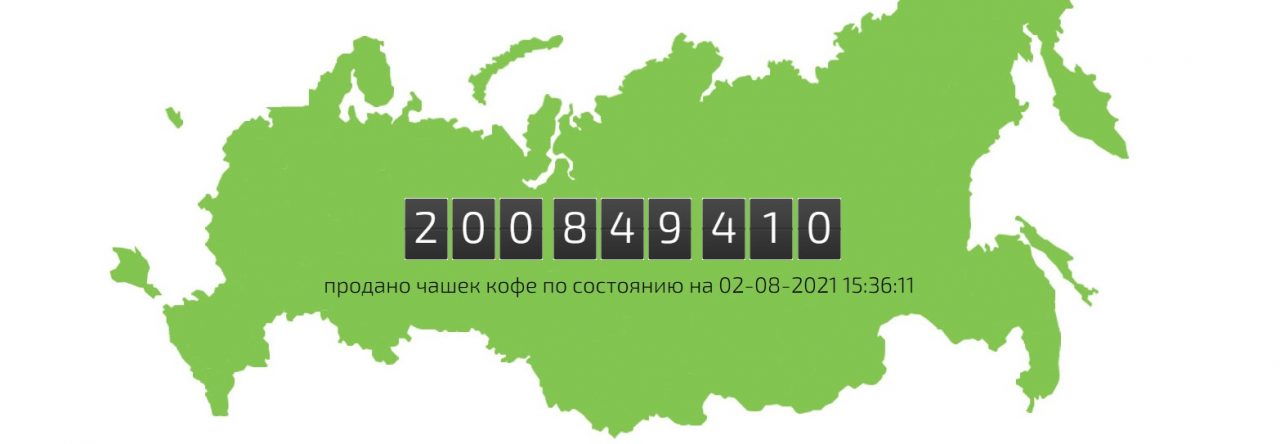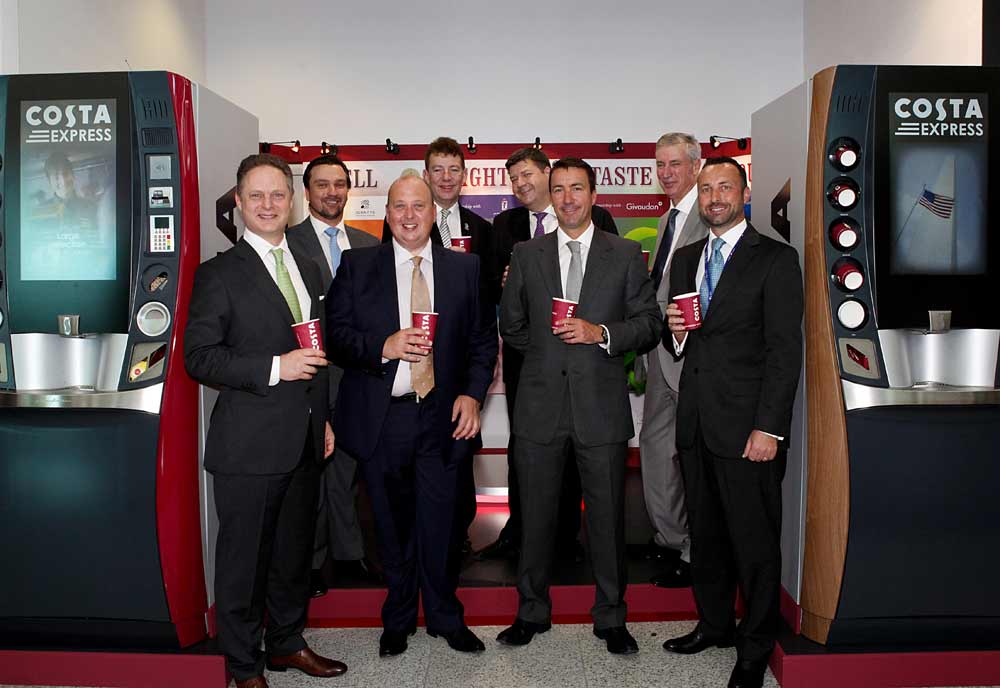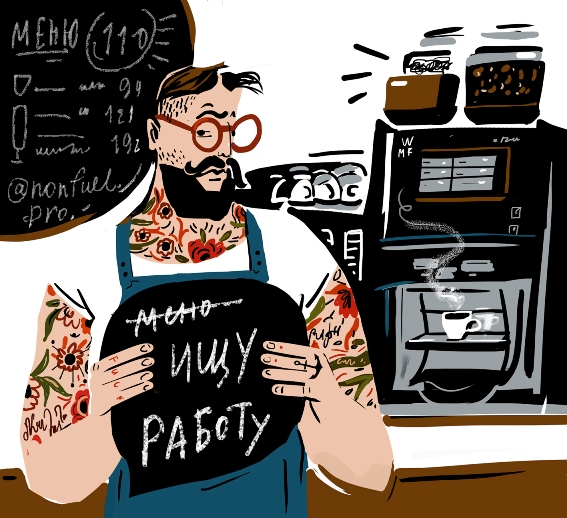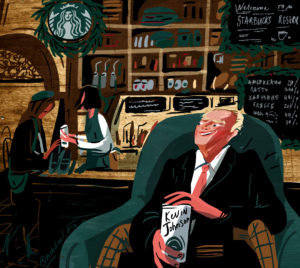The way to a man’s customer’s heart is through his stomach. The girls also love a cup tasty coffee, and the long journey makes everybody equal. The role of the caf? at gas station is to provide a tasty meal!
Gas is the same and let’s say it is equally good or even great everywhere, but we brew some gourmet coffee and will treat our customer with tasty buns, and now he’s here to stay with us. Real life experts are rubbing their hands as if they were saying “Wait ‘till we’ll tell you”. And indeed they do tell a never-ending story about customer service.
Recently I have found on the Internet one such story.
It happens that two experts are looking at the same situation from different angles. It does not change the components of the situation – poor customer service is still being that way. But an expert on corporate culture sees a way out in the education of adults, which is a hard task. From where I stand it seems to be as one more validation of propriety of non-fuel business automated straight-line organization. I swear, half of the dialogue between the well-known business coach Konstantin Kharsky and an unknown employee of the gas station would not have happened even if only the business process was organized properly.
This is an audio recording of this story. >>
I do not know the cost of a liter of gasoline
Drivers often choose the gas station not because of the cost of a liter of gasoline – over the last few years the prices in most gas chains have been almost identical. Chains are competing via related services.
If the driver can fill a full tank or refuel it at 1000 rubles – this is a good and profitable customer. This man before this whole story had no particular preference, but chose this particular chain as it guaranteed the quality of fuel and related services. Pretty ordinary course of conduct of our time.
Read More




